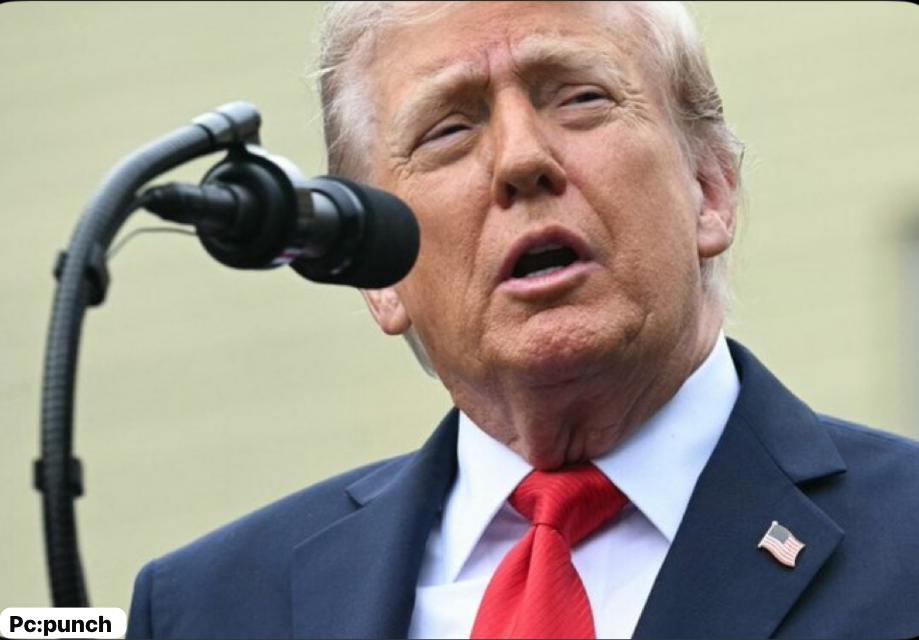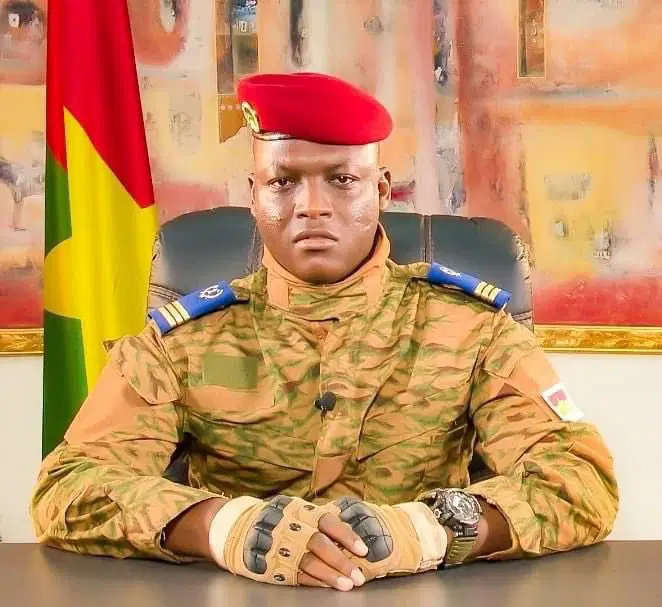Trump Presses Gaza Ceasefire Deal in White House Talks with Netanyahu

President Donald Trump has intensified efforts to secure a ceasefire in Gaza, using a White House meeting with Israeli Prime Minister Benjamin Netanyahu to press for progress on a deal that could halt hostilities, free hostages, and expand humanitarian aid to civilians trapped in the conflict. Speaking before closed-door discussions, Trump said the United States was working around the clock with regional partners to finalize what he described as a “special” plan for Gaza. While withholding detailed provisions, the president insisted there was “a real chance for greatness” if both Israel and Hamas embraced the framework, which he said had already received cautious backing from several Arab governments. According to senior Israeli officials, Netanyahu was presented with the U.S. proposal and expressed willingness to engage, provided Israel’s core security concerns were addressed. The prime minister reiterated his government’s commitment to dismantling Hamas’s military capabilities and demanded the unconditional release of Israeli hostages, underscoring that any arrangement must not compromise Israel’s long-term safety. Diplomatic sources familiar with the negotiations say the framework under discussion includes an immediate ceasefire, the staged release of hostages, a significant expansion of humanitarian corridors, and the phased withdrawal of Israeli troops from Gaza. Yet key points of contention remain unresolved, particularly the future role of Hamas and the mechanisms for enforcing compliance on both sides. While the draft has been circulated to regional states, Hamas has not publicly confirmed whether it has received or endorsed the plan. The meeting unfolded amid growing international pressure to end the conflict, as humanitarian agencies warn of a worsening crisis inside Gaza. Hospitals are running out of resources, basic services are collapsing, and the civilian death toll continues to rise sharply. Global calls for a ceasefire have grown louder, with aid groups demanding immediate and unhindered access to deliver life-saving supplies. U.S. officials, while cautiously optimistic, acknowledged the complexity of the task. Vice President J.D. Vance noted that the diplomacy remained “fragile,” warning that even minor disagreements could delay or derail the process. Washington has emphasized that any deal must include enforceable guarantees to ensure the safe return of hostages and the protection of civilians. Reactions to the White House initiative have been mixed. Several Arab governments welcomed the renewed push by Washington, viewing U.S. engagement as crucial to achieving stability. At the same time, international rights organizations have called for more transparency, urging negotiators to prioritize civilian protection and ensure lasting humanitarian access. With negotiations entering what officials describe as a decisive phase, U.S. diplomats are expected to intensify shuttle diplomacy across the Middle East to consolidate regional support and push both Israel and Hamas toward agreement. Although the outlines of a deal appear closer than at any previous stage, the most difficult challenge remains — turning tentative commitments into binding steps that can withstand the political and military pressures on both sides.









